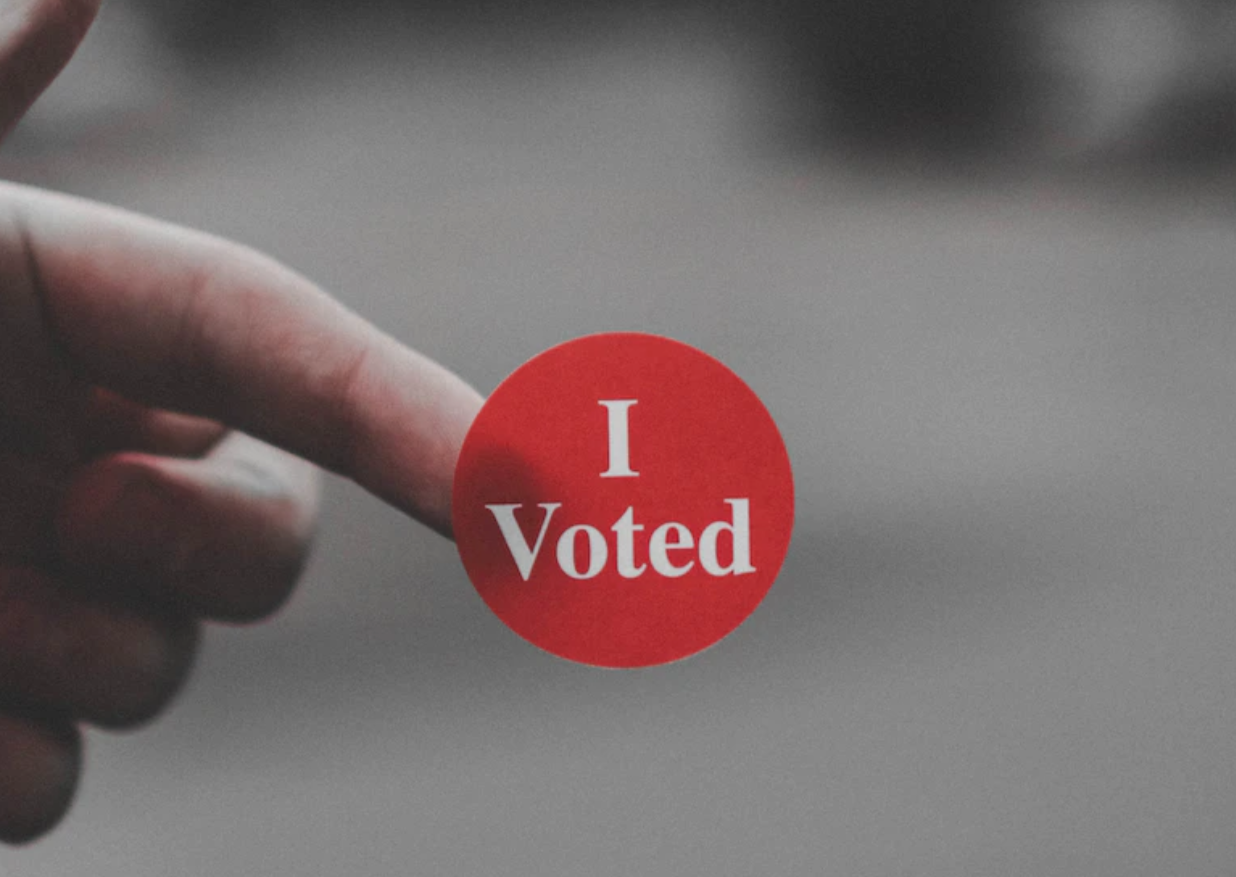In the latest in a series of high-profile conservative moves, Arizona Gov. Jan Brewer's (R) administration has announced it will stop using cameras to enforce speed limits on the state's highways -- ending a program once billed as a boon to road safety that would also help raise revenue.
 A speed-camera image of the car belonging to Thomas Destories, accused last year of killing a speed camera worker. (Photo: Phx. New Times)
A speed-camera image of the car belonging to Thomas Destories, accused last year of killing a speed camera worker. (Photo: Phx. New Times)The end of the speed-limit enforcement program, first reported by the Arizona Republic, came after months of stinging criticism from conservative groups that viewed the cameras as an violation of drivers' rights. Arizona drivers also have mounted their own rebellions against the speed cameras, with one donning a monkey mask to escape liability and others blocking the lenses with Silly String, Post-Its, or other items.
The cameras are programmed to only notice drivers who exceed posted speed limits by more than 10 miles per hour, with some geared to monitor red-light infractions and illegal turns. The fines for violators exceed $150, although the Department of Public Safety canceled any ticket that was not hand-delivered to drivers within 120 days.
Brewer's Democratic predecessor as governor, now-Secretary of Homeland Security Janet Napolitano, started the enforcement camera program in 2008. Napolitano touted its road safety benefits in explaining her move, describing the state's dwindling coffers as a secondary concern.
"[T]he plain fact of the
matter is from a public safety perspective, that the photo radar has
proven to be a technology that actually helps road safety and we would
have proposed this irrespective of the downturn in revenue numbers," she told the AP at the time.
But the notion that the cameras were employed first and foremost as a money-maker for the state proved enduring. As the Republic reported yesterday:
[O]nly about 30 percent of the citations were paid, generatingabout $63.5 million in revenue, which went into a fund the Legislaturecontrolled.
Among those who criticized the financial motives of the system was Gov. Jan Brewer, then-secretary of state.
"She did not support the state photo-radar system because itappeared from the beginning to be designed exclusively as a revenuegenerator," Paul Senseman, a Brewer spokesman, said in an e-mail.
Judith Lee Stone, president of the advocacy group Advocates for Highway and Auto Safety, said she was "disappointed" about Arizona's move, reluctantly predicting that the elimination of cameras would lead to higher crash and injury rates on state roads.
"Unfortunately, some politicians have said, 'We're going to make money off of this,'" Stone told Streetsblog Capitol Hill in an interview. "It's very important that the safety aspects of [speed cameras] become known."
As Brewer's administration winds down its photo enforcement effort, the Canadian province of British Columbia is gearing up to begin a similar program administered by Redflex, the same company that set up speed-limit cameras in Arizona.





